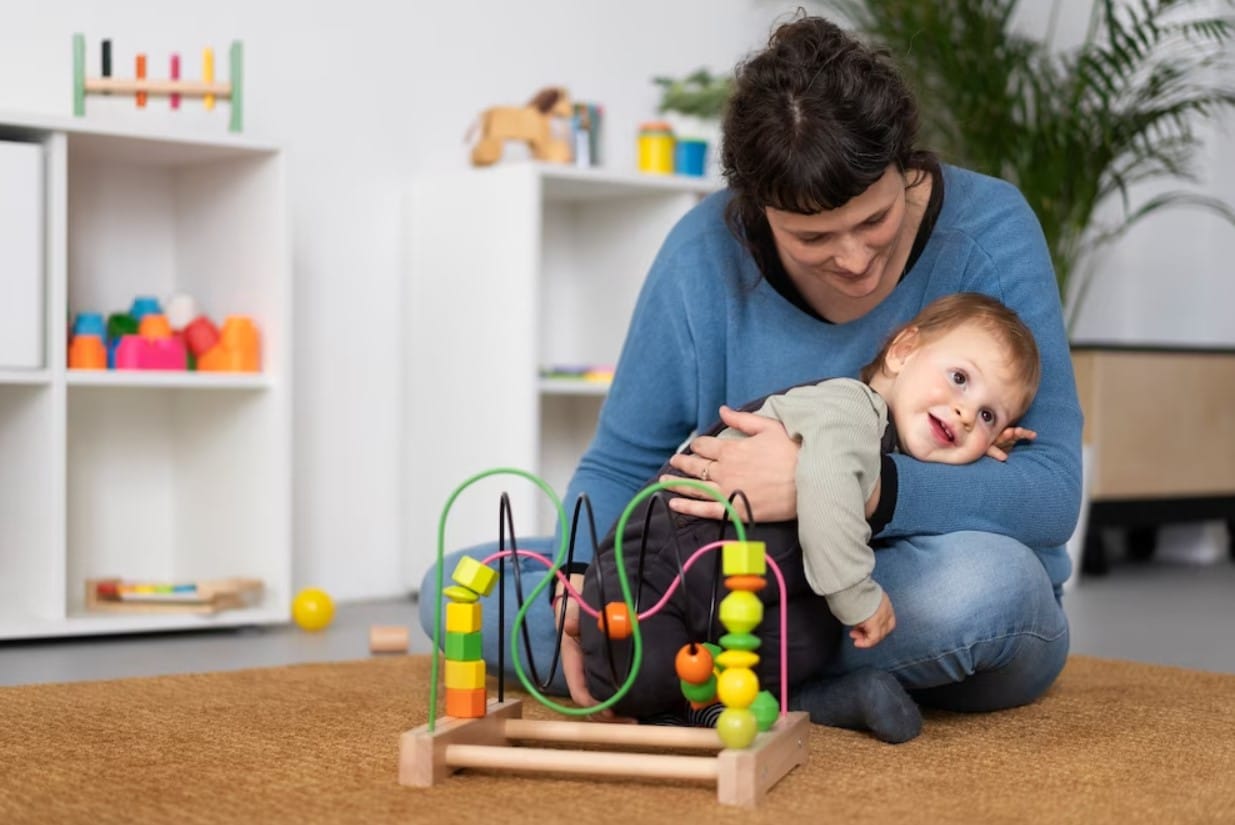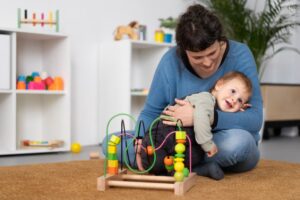
Early childhood is a critical period for development, with rapid growth and changes occurring in all areas of a child’s life. From physical development to cognitive and emotional growth, the first few years of life lay the foundation for future success. In this article, we will explore the key milestones in physical, cognitive, and emotional development during early childhood.
Physical Development in Early Childhood
Physical development refers to changes in a child’s body and physical abilities. During early childhood, children experience rapid growth and development in several areas, including:
Gross motor skills: Gross motor skills refer to the ability to control large muscle groups, such as those used for crawling, walking, jumping, and running. Some key milestones in gross motor development include:
- Rolling over and sitting up independently
- Crawling and pulling up to stand
- Walking independently and running
- Climbing stairs and jumping
Fine motor skills: Fine motor skills refer to the ability to control small muscle groups, such as those used for grasping and manipulating objects. Some key milestones in fine motor development include:
- Reaching and grasping objects
- Holding and using a spoon or fork
- Drawing and coloring
- Tying shoelaces and buttoning clothes
Cognitive Development in Childhood
Cognitive development refers to changes in a child’s thinking and problem-solving abilities. During early childhood, children experience rapid growth and development in several areas, including:
Language development: Language development refers to the ability to communicate using words and gestures. Some key milestones in language development include:
- Babbling and making sounds
- Saying first words and using simple phrases
- Understanding and following simple instructions
- Engaging in conversation with others
Executive function: Executive function refers to a set of mental processes that allow a child to plan, organize, and complete tasks. Some key milestones in executive function development include:
- Developing the ability to pay attention and focus on a task
- Beginning to use memory and problem-solving skills
- Developing the ability to plan and organize activities
- Learning to control emotions and behavior
Emotional Development in Childhood
Emotional development refers to changes in a child’s ability to understand and regulate their emotions. During early childhood, children experience rapid growth and development in several areas, including:
Emotional regulation: Emotional regulation refers to the ability to manage and control emotions in a healthy and appropriate way. Some key milestones in emotional regulation development include:
- Developing the ability to identify and label emotions
- Beginning to understand the emotions of others
- Developing coping skills for managing stress and difficult emotions
- Learning to express emotions in a healthy and appropriate way
Social development: Social development refers to changes in a child’s ability to interact with others and form relationships. Some key milestones in social development include:
- Beginning to show interest in playing with others
- Learning to take turns and share toys
- Developing empathy for others
- Forming close friendships with others
Supporting Early Childhood Development
Parents and caregivers can play a critical role in supporting early childhood development. Here are some tips for supporting physical, cognitive, and emotional development in early childhood:
- Provide a safe and nurturing environment: Children need a safe and nurturing environment to thrive. This includes a comfortable and secure home, healthy food, and opportunities for play and exploration.
- Encourage physical activity: Physical activity is important for promoting gross motor development and overall health. Encourage your child to play outside, participate in sports or dance classes, and engage in other activities that promote physical activity.
- Read and talk with your child: Reading and talking with your child can promote language development and cognitive growth. Make time to read with your child every day, and engage in conversation about the books you read.






